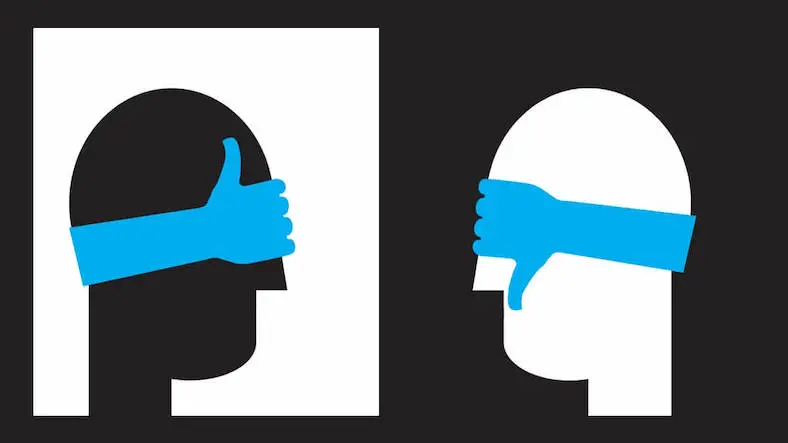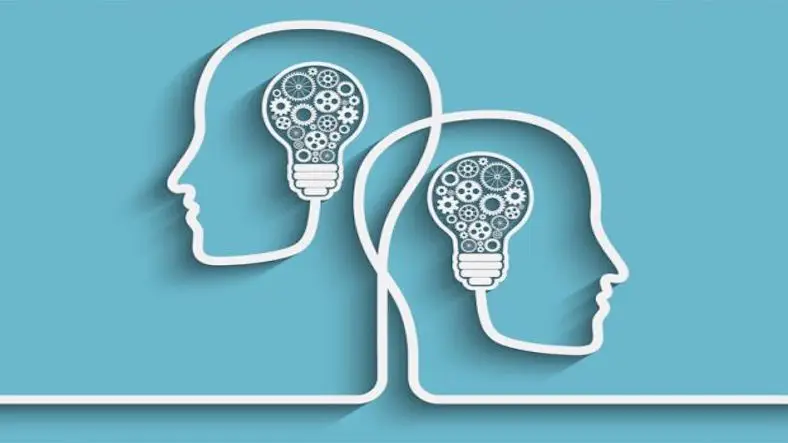Self-awareness about unconscious bias is crucial for personal and professional development. Unconscious biases are automatic judgments and stereotypes that we hold about people based on characteristics such as race, gender, age, or other social categories. These biases can affect our perceptions, decisions and behaviors in subtle and unintended ways.
Building self-awareness about unconscious bias is important for several reasons:
- Promoting Fairness and Equality: Unconscious bias can lead to unfair and unequal treatment. Developing awareness helps individuals recognize and challenge biased thoughts and actions, promoting a more equitable and just society.
- Enhancing Decision-Making: Understanding and acknowledging unconscious biases allows individuals to make more informed and fair decisions. This is crucial in various contexts, including hiring, promotions and performance evaluations.
- Strengthening Relationships: Bias can strain relationships, both personally and professionally. Being aware of one's biases enables individuals to communicate more effectively and build stronger connections by treating others with respect and understanding.
- Fostering Inclusivity: Awareness of unconscious bias is essential for creating inclusive environments. It helps individuals recognize and challenge behaviors that may contribute to exclusion, fostering a more welcoming atmosphere for people of diverse backgrounds.
- Improving Team Dynamics: In a team setting, biases can affect collaboration and hinder creativity. Building awareness allows team members to appreciate each other's unique contributions and perspectives, enhancing overall team dynamics.
- Professional Development: Recognizing and addressing unconscious biases is a key component of personal and professional growth. It allows individuals to develop a deeper understanding of themselves and their interactions with others.
- Reducing Stereotype Threat: Being aware of unconscious biases can help individuals avoid inadvertently reinforcing stereotypes. This, in turn, contributes to a more positive environment and reduces the impact of stereotype threat on marginalized groups.
- Enhancing Cultural Competence: Cultural competence involves understanding and respecting diverse cultures. Self-awareness about unconscious bias is a critical step in developing cultural competence, leading to better cross-cultural communication and collaboration.
Here are steps to build self-awareness about unconscious bias:
- Education: Learn about different types of biases, their origins and their impact on behavior. This can involve reading literature, attending workshops, or participating in training programs.
- Reflection: Regularly reflect on your thoughts, assumptions and reactions. Ask yourself whether your decisions are influenced by biases and consider alternative perspectives.
- Seek Feedback: Encourage honest feedback from colleagues, friends, or mentors regarding your behavior. They may provide insights into unconscious biases that you might not be aware of.
- Challenge Stereotypes: Actively challenge stereotypes when you encounter them. This involves questioning assumptions and stereotypes in your thinking and speaking up when you observe biased behavior.
- Mindfulness Practices: Mindfulness techniques, such as meditation, can help individuals become more aware of their thoughts and emotions, making it easier to identify and address unconscious biases.
- Diverse Experiences: Expose yourself to diverse perspectives and experiences. This can broaden your understanding and help counteract stereotypes.
- Accountability: Hold yourself accountable for your actions and decisions. Regularly assess whether your behavior aligns with your commitment to mitigating unconscious biases.
Building self-awareness about unconscious bias is an ongoing process. By actively engaging in self-reflection, education and challenging one's own assumptions, individuals can contribute to creating more inclusive and equitable environments. This, in turn, benefits both individuals and the broader society.
Thanks for reading the article, for more lifestyle related articles read our peoples blog articles.















